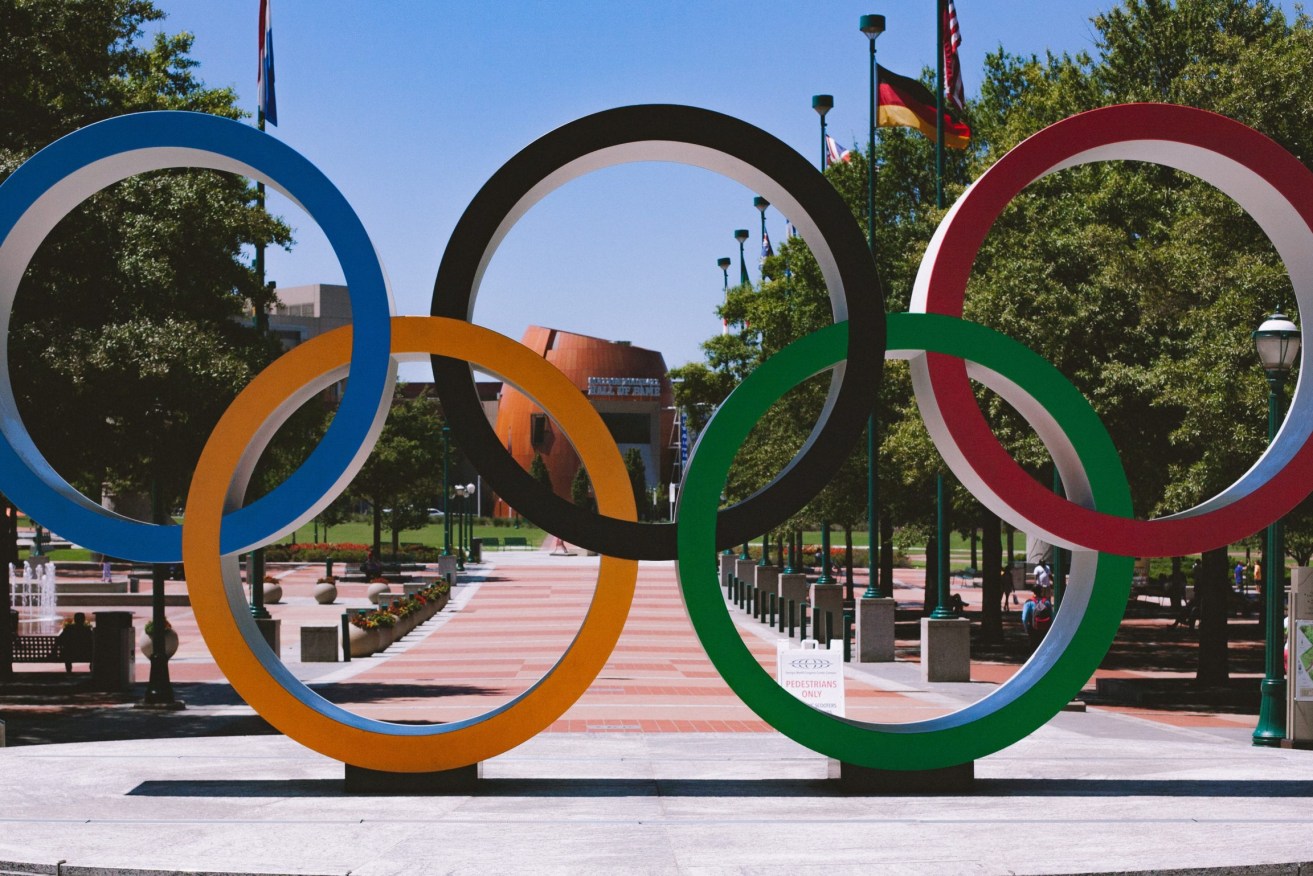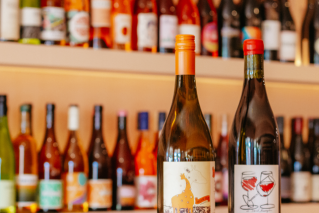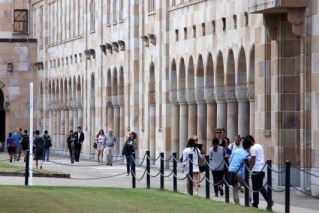Why there are 1.7 billion reasons for Brisbane to protect the Olympics brand
The 2032 Olympics might be more than a decade away, but Brisbane City Council is already deep into wrestling with the legal challenges that come with hosting the greatest sporting show on earth.


Image: Bryan Turner/Unsplash
First up, intellectual property, with the council wasting no time preparing a campaign to prevent unauthorised use of all things Olympics, including the yet-to-be designed host city logo.
The council was briefed this week on its legal obligations to protect not just the five rings Olympic symbol but associated mascots, emblems, images, sounds and even the word “Olympics” from being used in opportunistic marketing or advertising campaigns.
Of particular concern is social media, with a report to council warning the International Olympic Committee has high expectations about how its intellectual property is treated in cyberspace.
“In relation to social media, a member of the public posting in their personal capacity about the Games to their followers will generally not contravene the relevant laws,” the report said.
“However, if a person’s social media identifies that person by reference to their business or employment, this may be considered self-promotion leading to potential commercial, advertising or other benefit contrary to intellectual property rights.”
The IOC and the Australian Olympic Committee have shown over the years that they are prepared to spare no expense to ensure the symbols associated wth the Games do not fall victim to what they consider ambush marketing.
Protecting its brand means it can charge top dollar for sponsorships and individual countries, including Australia, have passed laws enforcing the IOC’s intellectual property rights.
Sponsorship deals for the 2032 Olympics are already estimated to be worth more than $1.7 billion.
In 2016, the AOC pursued Telstra all the way to the full bench of the Federal Court in an effort to stop the telecommunications giant’s “Go to Rio” ad campaign in the lead up to the Rio Olympics.
Tesltra’s rival, Optus, had paid out millions of dollars for the privilege of being the offical telco sponsor of the Rio Games.
But the AOC lost after the court decided that the campaign only suggested Telstra was the official sponsor of the broadcast of the Games on Channel Seven.
The report to council said any activity by a business which “attempts to make a link between themselves and the Games without being an offical sponsor is considered ambush marketing”.
“Council is obliged to dissuade businesses from ambush marketing to protect the interests of Council, the IOC, the AOC and legitimate sponsors, and to make businesses aware of the potential repercussions of such unauthorised use.”












